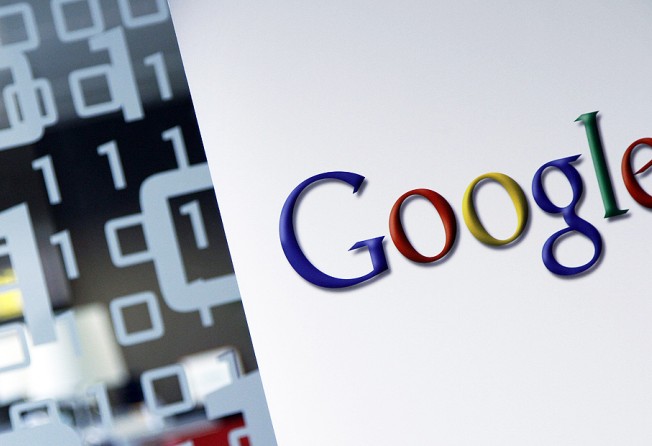'Right to be forgotten' blurs line between public interest and privacy
Cliff Buddle says an EU court ruling backing people's right to remove online posts about them takes the issue into many grey areas

What do you find when you google your own name? A bio on your company's website? Your LinkedIn profile? Or, perhaps, a link revealing something about your life you would rather keep private?
Spanish lawyer Mario Costeja Gonzalez took exception to the results of a Google search on his name. There was a link to newspaper reports published in 1998 concerning debts he had at that time. They were paid off long ago and he wanted this troubled episode in his past forgotten.
His complaint to Spanish authorities led to a decision this month by the European Union's Court of Justice which could have far-reaching implications. Individuals, according to the court, have the right to demand that internet companies remove links to information about them which is inadequate, irrelevant, no longer relevant or excessive.
Google and its lawyers are now weighing the technological, ethical and, no doubt, commercial consequences of the judgment and how to respond to it. The decision was framed in terms of EU law and reflects other moves by the EU to provide people with a legal right "to be forgotten". While the court's decision only applies to search engines operating in the EU, it raises issues which affect us all.
Opinion on the judgment has been sharply divided between those who champion free speech and supporters of the right to privacy. It has brought into sharp focus the difference in European and US approaches.
We can all understand the desire to erase embarrassing information about us on the internet. In the days before search engines, newspaper reports would quickly disappear from public view (in the UK, they would end up holding someone's fish and chips). Research involved hours of painstaking sifting through files. It was so much easier for past indiscretions and aberrations to be forgotten.
But the internet does not forget. Whether it is embarrassing pictures from your wild student days or a court record about the speeding ticket you picked up years ago, it is all there for anyone with access to a computer to see.
The EU court noted the power of search engines to collate a wide range of material forming a detailed picture of a person's private life. That image is available at the tap of a smartphone screen to potential employers, landlords, money lenders and lovers.
While such concerns are understandable, attempts to regulate search results are fraught with danger. It is all very well for the court to talk about handling information fairly and striking a balance between the right to privacy and the right to access information. The difficult part, as always, is where - and how - you draw that line.
How are we to know whether the information will be considered irrelevant, inadequate or excessive? Will the rules be different for public figures? To what extent will the public interest in accessing information be protected?
The judgment will, at best, lead to uncertainty and confusion and at worst to censorship and the whitewashing of history.
Cliff Buddle is the Post's editor, special projects